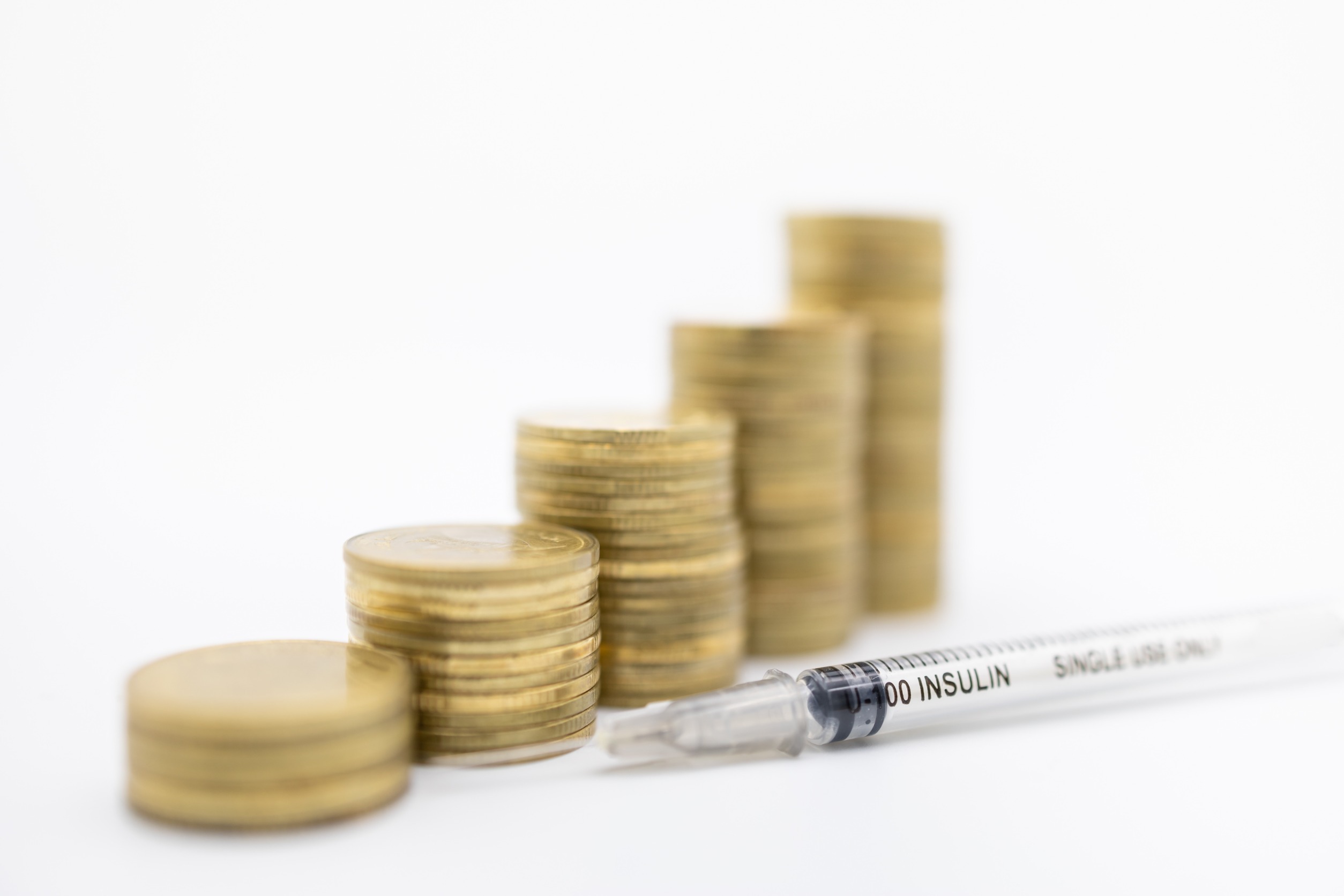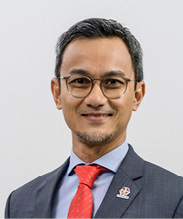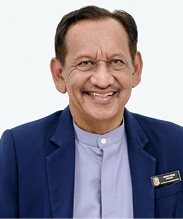Insulin is a critical drug that diabetic patients require continuous daily dosing.
The total insulin market is over RM200 million with about around four per cent compound annual growth rate (CAGR). Human insulin makes up about 56 per cent of that total, followed by insulin aspart and glargine.

Duopharma Biotech Berhad CEO (Commercial) Wan Amir-Jeffery Wan Abdul Majid shared: “The human insulin market in Malaysia is primarily a government market and is supplied mainly by two players, Duopharma Biotech/Biocon and Novo Nordisk.
“Duopharma is the exclusive marketing and distribution partner in the tripartite agreement signed with the MoH and Biocon, a manufacturer of insulins locally. After the expiry of the off-take agreement with the MoH in 2022, we have managed to secure a new contract for another three years to supply to the MoH until 2025.”

Regarding the high cost of insulin, Wan Amir-Jeffery explained: “Innovator medications in particular, are generally more costly than generic or biosimilar options.
“This is because innovator medications undergo rigorous research and development (R&D), clinical trials, marketing, education and knowledge sharing, etc., on the products. These cost a lot of money. The innovator brands will charge a premium price during the patent protection period, which is about 20 to 25 years.
“But, after the patent expires, other generic and biosimilar manufacturers, such as Duopharma Biotech and Biocon, can come into markets with their strengths and advantages.”
Biosimilars relate to a biopharmaceutical drug designed to have active properties similar to a previously licensed drug. Biosimilar drugs have established their bio-similarity and non-inferiority to the reference biologic drug.
Meanwhile, generic drugs contain identical medicinal ingredients to their reference products. They comprise small molecules that are chemically synthesised.
Generics and biosimilars help keep costs down to a certain degree. “They are more affordable than innovator brand insulins.

President of the Malaysian Pharmacists Society (MPS), Prof Amrahi Buang, shared his support for cost-effective and safe alternatives.
“Biosimilar alternatives allow more patients to use insulin in diabetes treatment. So, we should support biosimilars.”
He also emphasised the safety and efficacy of biosimilar insulins in the market.
According to Amrahi, the National Pharmaceutical Regulatory Agency (NPRA) safeguards the nation’s health by ensuring all medicinal products’ quality, safety and efficacy. Therefore, registered biosimilar insulins are guaranteed to be safe and effective.
– The Health







